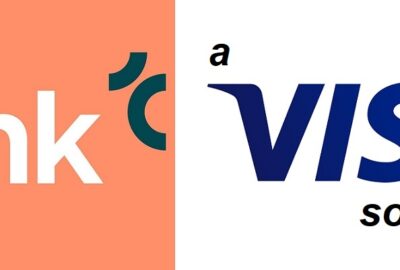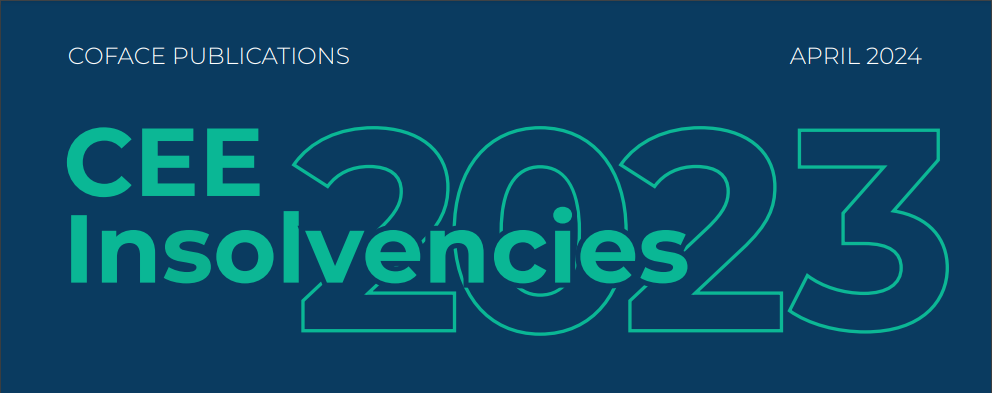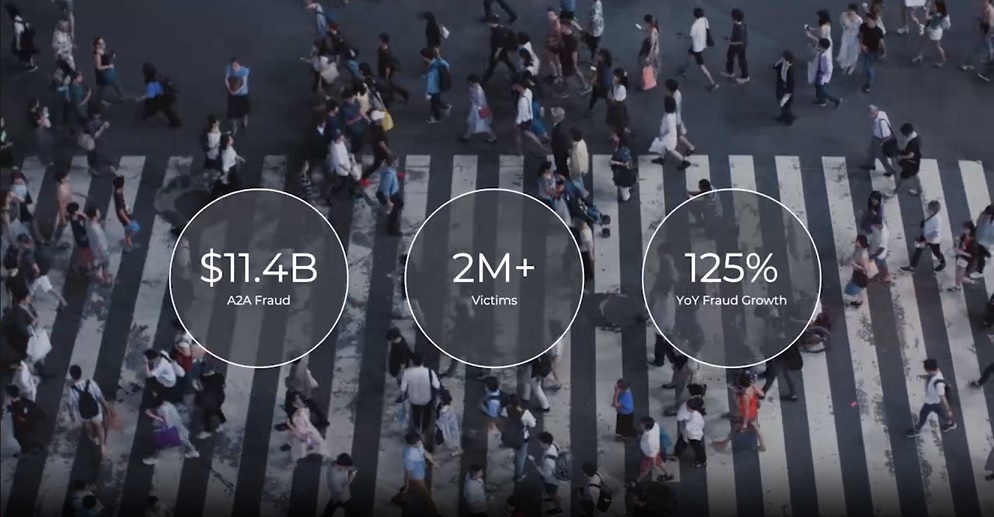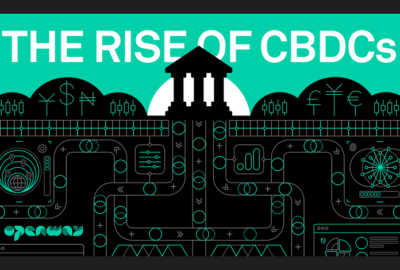Financial Conduct Authority in the UK warns Buy Now Pay Later firms about misleading adverts
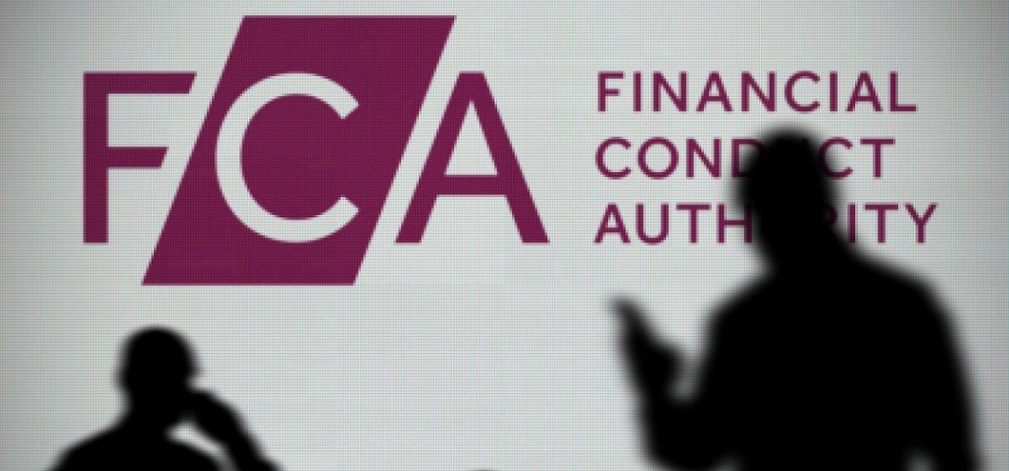
People responsible for misleading ‘buy now, pay later’ adverts could face two years in prison, Britain’s financial watchdog warned on Friday as it told firms offering the loans to stop encouraging „impulse buying” and spell out late repayment fees.
Unauthorised firms might be committing a criminal offence if they don’t have an FCA-authorised firm approve their financial promotions, according to a FCA’s press release.
Authorised firms selling unregulated or exempt BNPL products must comply with the relevant rules unless an exemption applies. This includes that their BNPL financial promotions must be clear, fair and not misleading.
The FCA is concerned consumers could be misled if BNPL financial promotions do not comply and has seen financial adverts on websites and social media, including posts by social media influencers, which may breach FCA rules. For example, adverts emphasising the benefits of BNPL products without fair and prominent warnings of any risks to customers, such as:
. the risk of taking on debt that customers cannot afford to repay
. the consequences of missed payments
. any other adverse consequences such as the impact on the customer’s credit file
. information about when charges become payable
Sheldon Mills, Executive Director of Consumers and Competition at the FCA, said: „As we face a cost-of-living crisis, consumers are having to make difficult decisions about their finances and how they pay for goods and services. Firms need to ensure consumers, particularly those in vulnerable circumstances, are equipped with the right information at the right time, so they can make effective, timely and properly informed decisions. It is vital that adverts are clear, fair and not misleading.”
Although the FCA does not yet regulate BNPL products it has been proactively addressing concerns about potential harms to consumers.
The FCA recently held a roundtable with BNPL providers to discuss upcoming regulation and called on firms to do more to support borrowers in financial difficulty, including signposting to money guidance and debt advice.
Earlier this year the FCA worked with BNPL firms to secure changes to potentially unfair and unclear terms in BNPL contracts using powers under the Consumer Rights Act.
The FCA is continuing to engage with BNPL providers and are proactively monitoring the market to ensure expectations are met. The FCA has confirmed it will use criminal and regulatory enforcement powers if it sees promotions that do not comply. So far this year, FCA action against firms that have breached its rules have led to 4,226 promotions being changed or withdrawn.
________
- The FCA has written to BNPL providers and the British Retail Consortium.
- A financial promotion is an invitation or inducement to enter into an agreement. A financial promotion for BNPL is any form of communication made across any media in the course of business, that invites a consumer to purchase a good or service by entering a BNPL agreement. This includes, for example, posters in shop windows, paid for Google ads, and posts made by influencers on social media.
Anders Olofsson – former Head of Payments Finastra
Banking 4.0 – „how was the experience for you”
„So many people are coming here to Bucharest, people that I see and interact on linkedin and now I get the change to meet them in person. It was like being to the Football World Cup but this was the World Cup on linkedin in payments and open banking.”
Many more interesting quotes in the video below:

